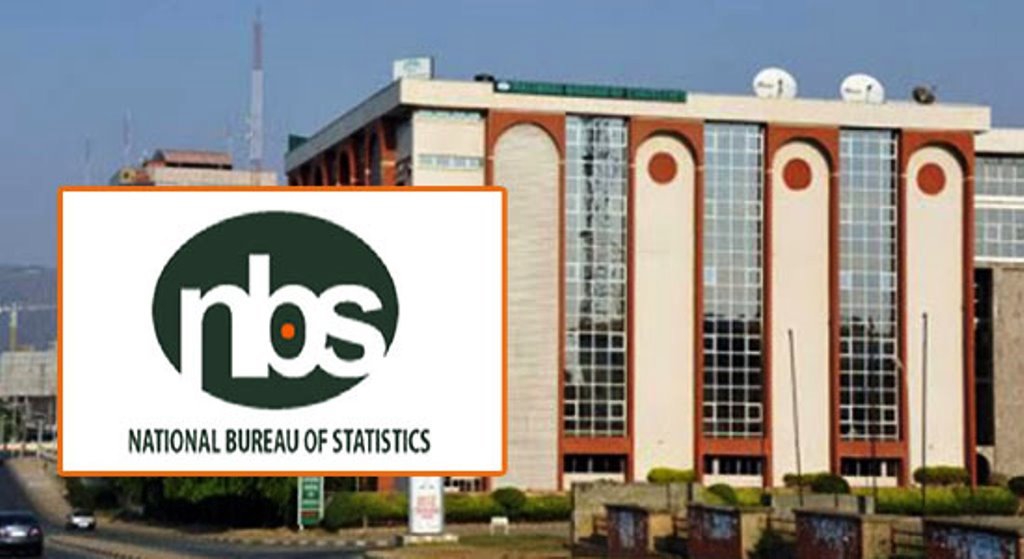Eye Reporters Editorial
The National Bureau of Statistics (NBS) has finally released Nigeria’s long-awaited rebased Gross Domestic Product (GDP), resetting the base year to 2019. The numbers are striking: from a nominal GDP of N205.09 trillion ($134 billion) in 2019, Nigeria’s economy expanded to N372.82 trillion ($243 billion) in 2024. This jump, on paper, signals resilience and growth, especially after the COVID-19 shock, currency reforms, and fuel subsidy removal.
Yet beyond these headline figures lies a more complex reality, one that challenges the simplistic narrative of “growth equals progress.”
Yes, Nigeria’s economy has grown by over 80% in nominal terms within five years. Yes, the stock market has responded positively. And yes, there are signs that the government’s reformist drive under President Bola Ahmed Tinubu is reawakening investor confidence. But here’s the critical question: has this growth translated into improved living standards for Nigerians?
Sadly, the answer is no.
Despite the expanding GDP, millions of Nigerians are caught in a web of deepening poverty, eroded incomes, and soaring costs of living. According to earlier NBS multidimensional poverty reports, over 133 million Nigerians are considered poor. A rebased GDP figure does not change that hard fact, it only provides a broader statistical lens on what the economy includes, not how well it delivers.
Eye Reporters is of the view that GDP rebasing, while necessary for accurate data modeling, is not a substitute for sound, inclusive governance. It merely shows us what we’re counting, not whether people’s lives are getting better. In truth, real development happens not when GDP numbers grow, but when citizens can afford food, housing, healthcare, and dignity.
Globally, high GDP doesn’t always mean high well-being. Oil-rich countries like Venezuela once boasted enormous GDP numbers amid crushing economic collapse. On the other hand, countries like Norway, with strong institutions and equitable policies, balance economic expansion with real social security.
So, what must Nigeria do?
First, the government must ensure that the gains of GDP growth are felt broadly, not hoarded by a political and economic elite. Second, it must match economic ambition with fiscal prudence, transparency, and anti-corruption reform. Third, urgent attention must be paid to productivity in sectors that directly affect everyday life, agriculture, energy, healthcare, and education.
Eye Reporters asserts that growth without good governance is hollow. The Tinubu administration has an opportunity, backed by these new GDP figures, to align economic momentum with a bold, citizen-focused agenda. It must seize it.
Because until Nigerians can feel the numbers in their lives, a trillion-naira GDP means very little at the dinner table.


